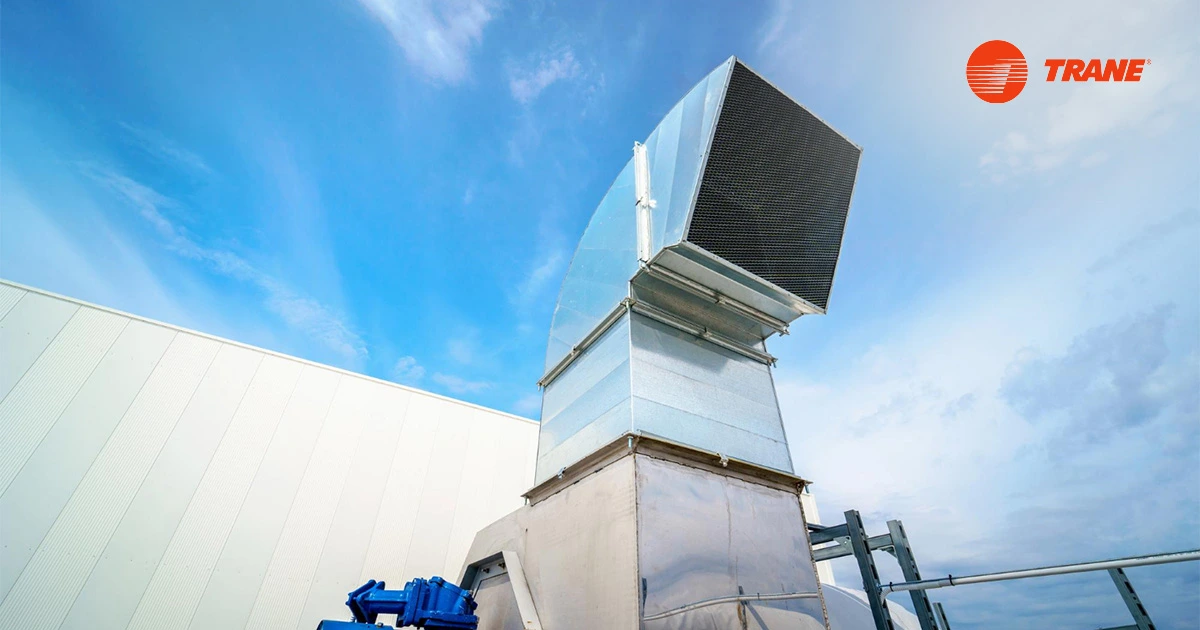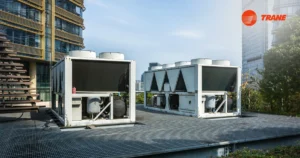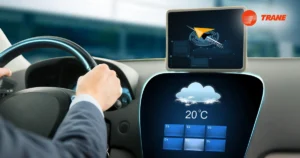Oman’s economy is evolving at a rapid pace, with sectors such as oil and gas, logistics, manufacturing, and tourism playing increasingly vital roles. This transformation demands robust infrastructure that can withstand extreme heat, fluctuating demand, and the high standards of global competition. For many businesses, chiller rental has become a practical and strategic solution to ensure reliability, efficiency, and operational flexibility. In Oman, where climate and industry needs intersect in complex ways, this approach offers companies the ability to maintain cooling performance without the heavy capital investment of permanent systems.
Cooling Challenges in Oman’s Harsh Climate
Oman’s geography presents a wide range of environmental pressures. Summers often bring soaring temperatures above 45°C, particularly in Muscat and the desert interior, while coastal regions face humidity that accelerates wear and tear on equipment. For industries such as oil refining, chemicals, and food processing, maintaining controlled environments is not optional — it is essential for quality, safety, and compliance. In such conditions, cooling systems are constantly pushed to their limits. A permanent system may not always be the most practical answer, especially when seasonal peaks or emergency situations call for a more flexible option.
Why Businesses Turn to Flexible Cooling
Capital investments in large-scale cooling infrastructure can place financial strain on organizations, especially in industries experiencing fluctuating demand. Chiller rental allows businesses to scale up or scale down cooling capacity as needed, without committing to long-term ownership costs. This flexibility is particularly valuable in Oman’s construction and events sectors, where cooling needs may be temporary yet mission-critical. By adopting rental solutions, businesses free up resources to invest in their core operations, while ensuring reliable performance during periods of high demand.
Supporting Oman’s Energy Sector
As one of the cornerstones of Oman’s economy, the oil and gas industry operates under high stakes. Production facilities, drilling sites, and refineries must maintain specific temperature thresholds to ensure safety and efficiency. A disruption in cooling could impact equipment performance and even cause safety hazards for workers. Chiller rental provides a safeguard by offering immediate, scalable solutions that can be deployed when permanent systems require maintenance, upgrades, or temporary augmentation. For energy companies, this approach reduces downtime and protects both assets and human resources.
Applications in Manufacturing and Logistics
Beyond energy, Oman’s manufacturing sector is gaining global attention, particularly in plastics, metals, and automotive components. Production lines require precise temperature control to maintain material integrity and product quality. Similarly, the logistics sector, which serves as a regional hub for trade, relies on consistent cooling to protect goods in warehouses and transport hubs. For these industries, chiller rental provides a practical balance of precision and flexibility, enabling them to meet international supply chain standards while avoiding costly system overhauls.
Events and Tourism: Cooling for Comfort and Scale
Oman is investing heavily in tourism, hosting large cultural events, exhibitions, and sporting activities. These gatherings often require rapid deployment of cooling systems to accommodate large crowds in venues where permanent infrastructure is insufficient or unavailable. Chiller rental services provide temporary but reliable climate control, ensuring visitor comfort and enhancing the country’s reputation as a destination for world-class events. By addressing both functional and experiential needs, rental cooling plays a crucial role in supporting this growing sector.
Driving Sustainability and Efficiency
As global expectations for sustainability increase, Oman is aligning its industries with international standards on energy efficiency and environmental responsibility. Modern chiller rental systems are designed with advanced technologies such as variable-speed drives and smart controls, which optimize energy consumption. Additionally, many units use environmentally responsible refrigerants that reduce greenhouse gas emissions. By adopting rental solutions, businesses not only save costs but also demonstrate commitment to Oman’s long-term vision for sustainable development, aligning with initiatives like Oman Vision 2040.
Technology and Service Integration
One of the key advantages of rental systems is the service ecosystem that supports them. Trane Oman provides end-to-end solutions, from system design and rapid installation to monitoring and technical support. The integration of IoT-enabled controls allows for real-time performance tracking and predictive maintenance, minimizing the risk of downtime. For Omani businesses, this means that choosing rental solutions is not just about equipment — it is about securing ongoing operational assurance through expert service.
Case Example: Infrastructure Projects
Large-scale infrastructure projects, such as new ports, highways, and urban developments, require cooling during construction phases. Permanent systems are often not yet operational, but project teams must still ensure safe and workable conditions for labor and machinery. Chiller rental enables contractors to keep projects on track by providing reliable, temporary cooling throughout construction phases. This flexibility is a competitive advantage, helping Oman deliver complex infrastructure projects on time and to global standards.
Closing Thought
Oman’s dynamic economy depends on resilience, adaptability, and smart investments. Flexible cooling strategies, supported by modern air cooled chiller technology, empower businesses to remain competitive while managing operational risks. By choosing Trane Oman as a partner, organizations gain access to world-class expertise and reliable rental systems that match the demands of the nation’s industries, infrastructure, and events sector. With dependable solutions in place, companies can focus on growth while ensuring sustainability and efficiency for the future.




